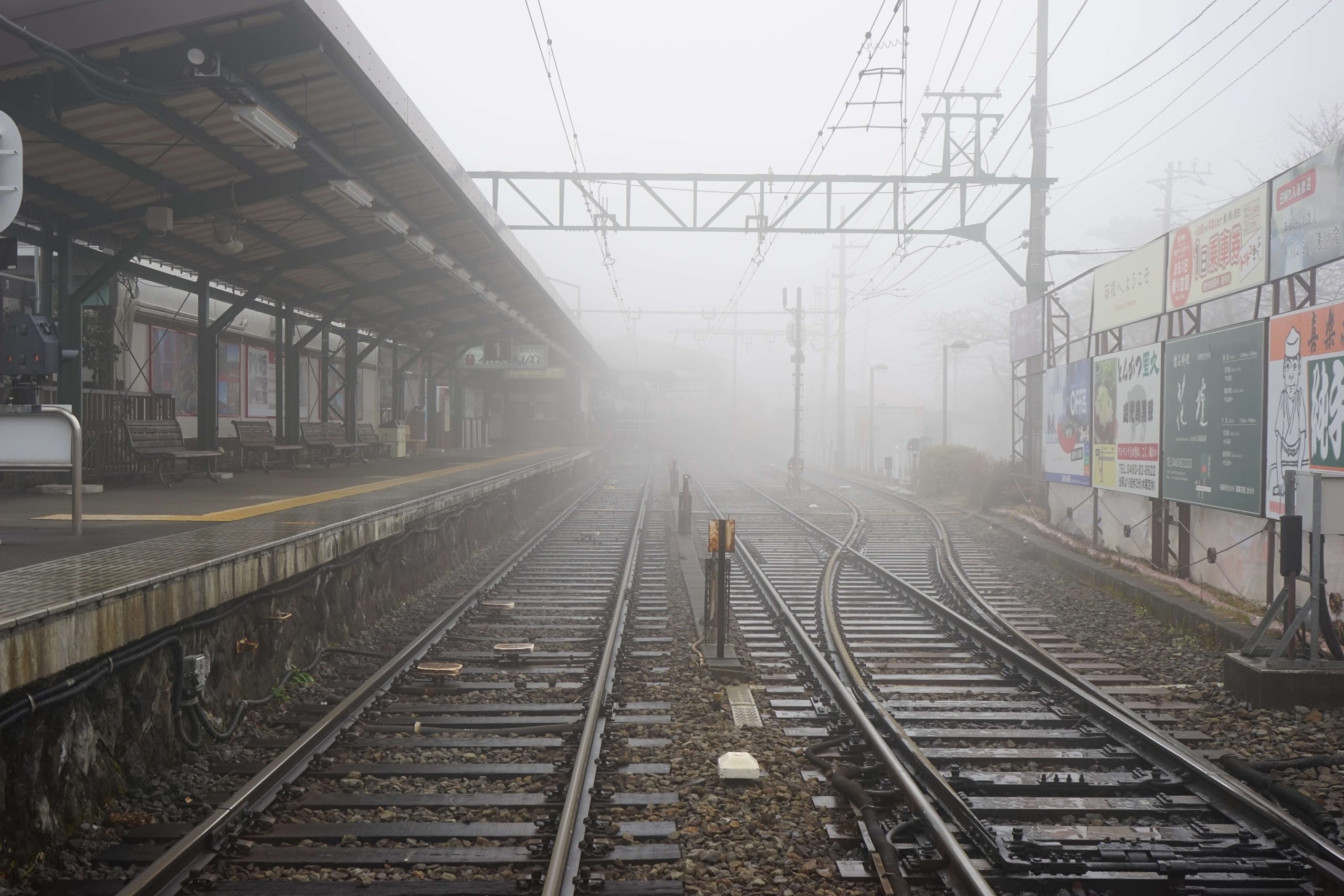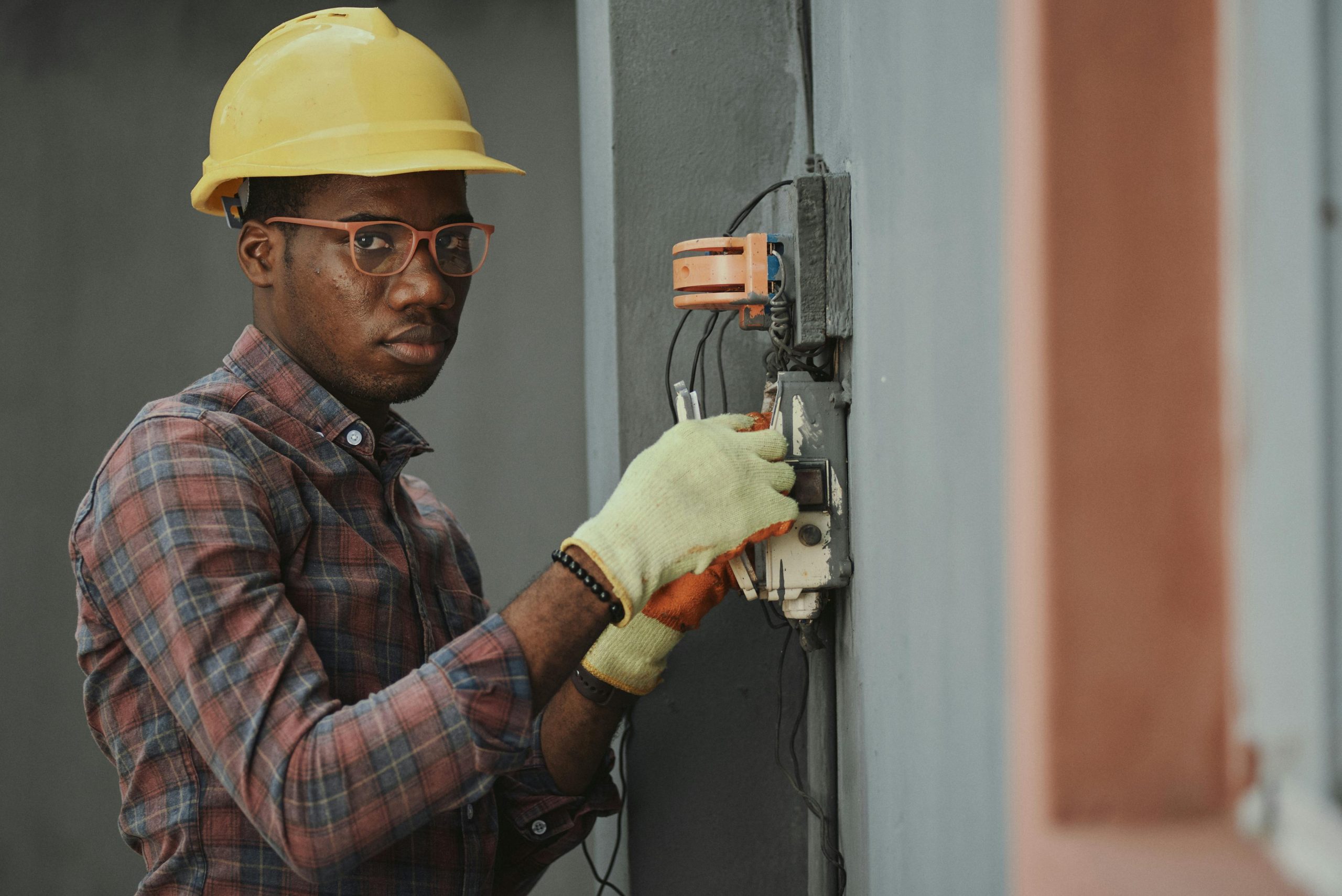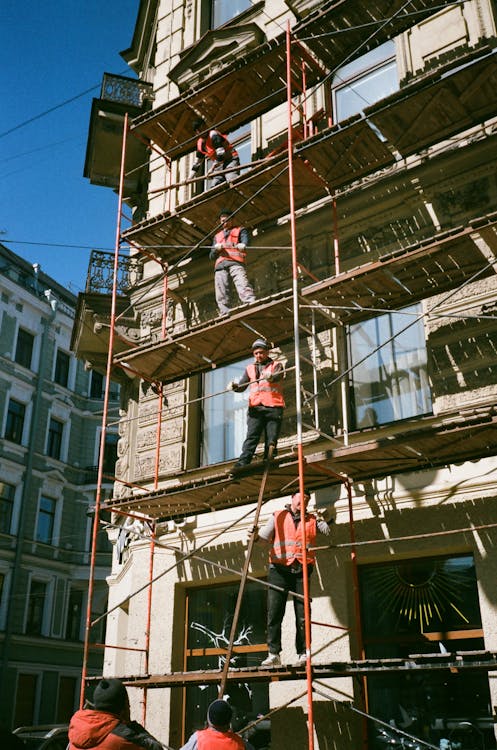The main types of jobs in rail

The UK rail industry continues to attract thousands of new employees every year. It is estimated that the UK rail sector directly employs around 115,000 people. When you take into account the rail network supply chain, the rail industry supports in the region of another 250,000 people. As the UK rail network continues to expand and modernise, more opportunities are created within the sector. If you’re interested in a career in rail or you already work in the railway sector and are looking for a new position, here are the main types of jobs in rail for you to consider.
Engineering roles
The UK rail industry employs thousands of engineers. These range from civil engineers to mechanical and electrical engineers. Civil engineers in the railway industry will be involved in the planning and construction of new railway lines. They will work both on site and in an office environment and will require an excellent understanding of large-scale logistic projects.
Mechanical and electrical railway engineers will often be responsible for maintaining the country’s fleet of railway engines. They will build new engines and carriages. They will carry out inspections on existing carriages and undertake any maintenance and repair work. They will also conduct regular testing on all mechanical, electrical, and pneumatic systems, writing reports and keeping records of any maintenance work completed.
Station workers
Railway station workers work either on the platform or in the railway station office. There will often be a good mix of indoor and outdoor work and wearing a uniform will usually be required. Some railway station responsibilities include:
- Checking and selling tickets
- Ensuring that passengers get on and off the train safely
- Loading and unloading luggage or cargo
- Updating software systems for electronic message displays
- Making passenger announcements
- Operating CCTV cameras
- Providing information for customers on train times, delays, routes, and services
Many station worker roles are customer facing so you will need to be calm and reassuring when faced with customers who may be frustrated because of delays to their journey. You will, however, enjoy the benefits of a strong team environment and the opportunity to interact with lots of different people.
Railway operations
Railway operators ensure the smooth and safe running of the UK railway engines. Railway operator roles include:
- Train dispatcher
- Signal operator
- Freight conductor
Railway operators will regularly review train schedules and carefully plan train timetables to avoid delays and ensure safe transportation of both passengers and freight. Railway operators must have excellent communications skills. An important part of a railway operators’ role is relaying information to other railway operators at locations across the country. Railway operators work within a geographically large area and will require a good understanding of UK geography and the ability to communicate clearly and effectively.
Railway maintenance
The railway maintenance sector is perhaps the largest sub-sector within the rail industry. Railway maintenance workers are responsible for the continual maintenance and upkeep of all railway engines, tracks, systems, stations, and communications software. Railway maintenance roles range from unskilled labouring work and semi-skilled engineering to experienced and qualified railway specialists within the mechanical and electrical sector.
Working in railway maintenance is an excellent career choice with many opportunities for career development. Some railway maintenance roles include:
- Track inspectors
- Railway lubricators
- Signal maintainers
- Structural engineers
- Lighting engineers
- Electronic equipment engineers
- Station engineers (turnstiles, escalators, lifts, lighting, telephone systems)
- Platelayers
As you can see, the railway industry is a large and diverse sector. With the UK’s HS2 project once again up and running and a drive for electrification of much of the UK’s rail network, now looks like the perfect time to pursue a career within the rail industry.
If you’d like to find out more about working within the railway industry contact PPR today. You can call us on 01895 808188 or fill in your details using our online contact form and we’ll get back to you as soon as possible.
Related content:
Ways your labouring skills could be used in the rail industry







